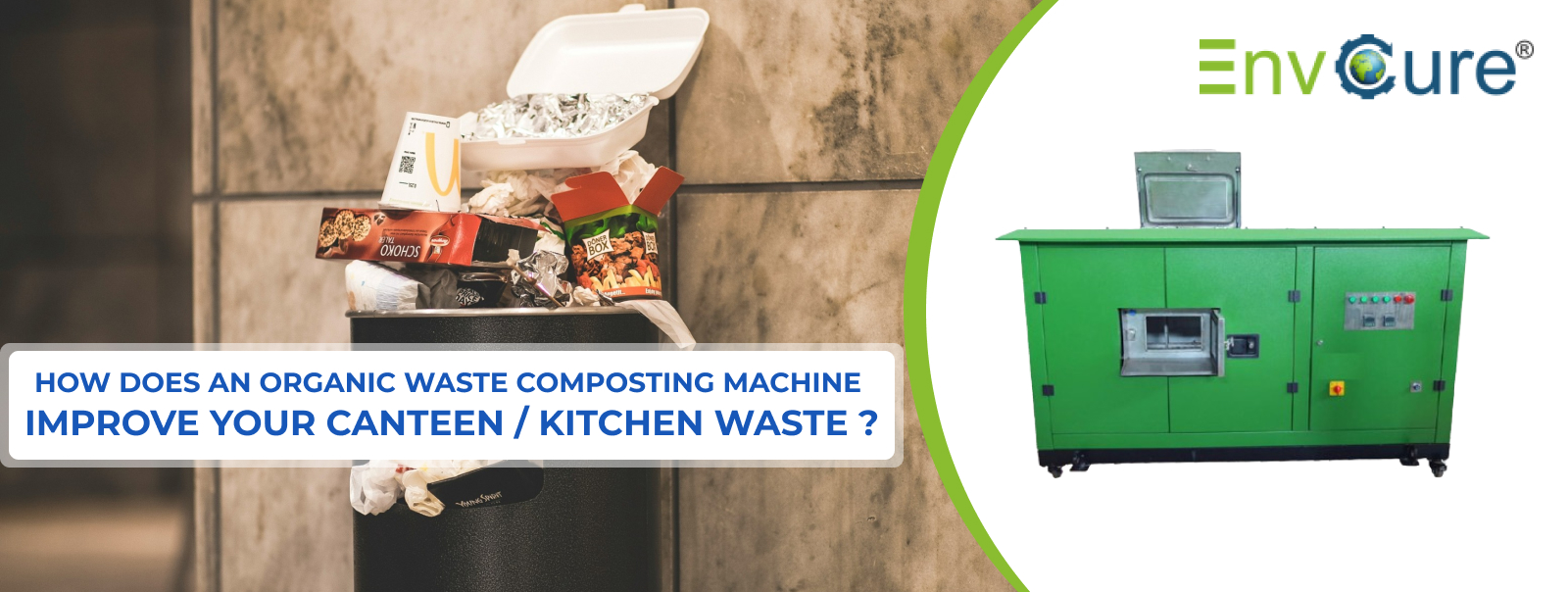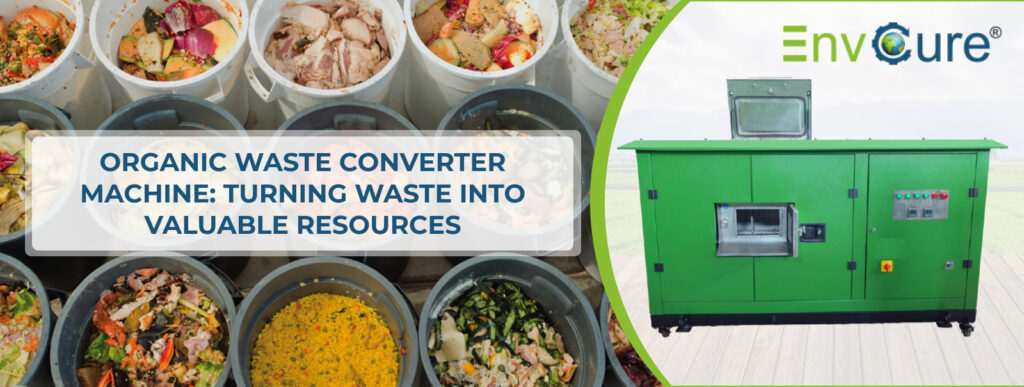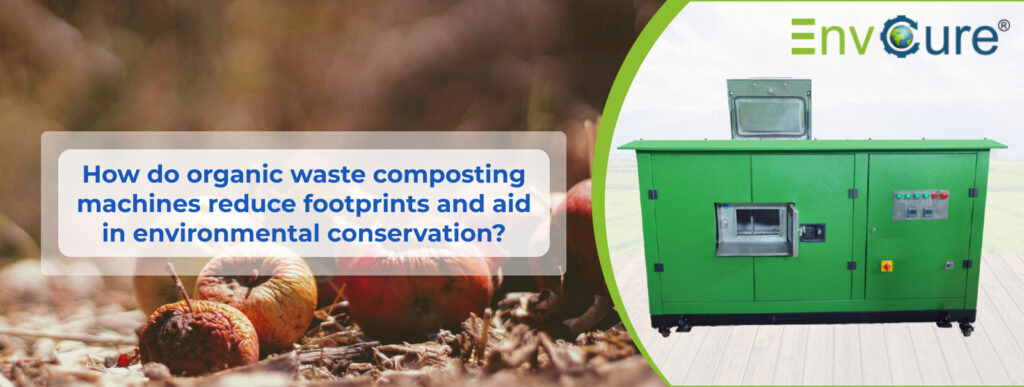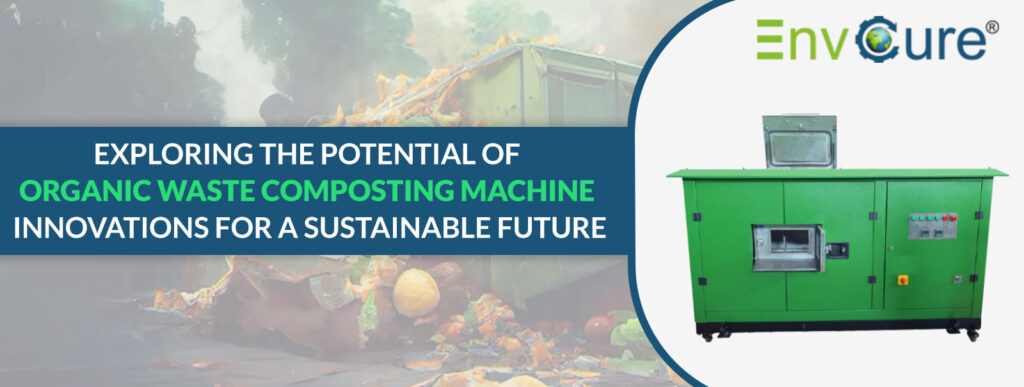Understanding the transformation of canteen or kitchen waste into a valuable resource through Organic Waste Composting Machines can significantly advance our approach to waste management. These machines not only help in reducing the volume of waste but also play a crucial role in creating a sustainable environment.
The Process of Anaerobic Digestion
- Understanding the Biological Mechanisms: Anaerobic digestion involves a complex consortium of bacteria that sequentially break down organic matter. The process begins with hydrolysis, where complex organic compounds are converted into simple sugars, amino acids, and fatty acids. Following this, acidogenic bacteria ferment these monomers into hydrogen, ammonia, carbon dioxide, and organic acids. Acetogens then convert these products into acetic acid, hydrogen, and carbon dioxide, which methanogens finally transform into methane and carbon dioxide. This meticulous conversion process not only reduces waste but also harnesses it for renewable energy.
- Optimization of Digestion Parameters: Key factors influencing the efficiency of anaerobic digestion include temperature, pH, and the carbon to nitrogen (C:N) ratio of the feedstock. Operating at thermophilic temperatures (between 50-60°C) often accelerates the breakdown process, albeit requiring more stringent control of operating conditions. Maintaining a balanced C:N ratio ensures optimal microbial activity, preventing the inhibition of methanogens which are pivotal for methane production.
Benefits to the Canteen Environment:
- Enhanced Waste Management Efficiency: Integrating an organic waste composting machine in a kitchen setting drastically reduces the volume of waste generated. By converting organic waste on-site, these machines minimize the need for frequent waste collection, thus reducing logistical costs and carbon footprint associated with waste transportation to landfill sites.
- Improved Sanitation and Odour Control: Anaerobic digesters seal off waste from the open air, substantially reducing problems associated with vermin and odor. This is particularly advantageous in enclosed spaces such as canteens, where hygiene and odor control are of paramount importance. The process also mitigates the risk of attracting pests that often accompany composting kitchen waste.
Economic Advantages:
- Cost Reduction through Waste Diversion: By diverting waste from landfills, canteens can significantly cut down on the high costs associated with waste disposal. Additionally, the biogas produced can be utilized onsite to generate heat or electricity, further reducing energy expenses. This not only provides a rapid return on investment but also shields businesses from the volatility of energy prices.
- Revenue Generation from By-products: The digestate produced during anaerobic digestion is a nutrient-rich biofertilizer that can be sold to agricultural enterprises, providing an additional stream of income. This by-product improves soil health without the environmental drawbacks associated with chemical fertilizers, offering a green solution to waste disposal.
Organic Waste Composting Machine Innovations:
- Technological Advancements in Composting Machines: Recent innovations in organic waste composting machines have significantly increased their efficiency and adaptability. These enhancements include advanced sensor technology for real-time monitoring of moisture content, temperature, and pH levels, ensuring optimal conditions for microbial activity. Additionally, newer models incorporate automated feed systems that streamline the process, reducing manual labor and improving overall system reliability.
- Integration of Pre-treatment Processes: Pre-treatment technologies, such as mechanical shredding and thermal hydrolysis, have been integrated into food waste composting machines to enhance the biodegradability of waste. These processes break down complex waste materials, making them more accessible for microbes during the digestion process, thereby increasing the rate of biogas production and overall system throughput.
Regulatory and Compliance Advantages:
- Meeting Environmental Compliance: Using organic waste composting machines allows canteens and kitchens to meet stringent environmental regulations concerning waste disposal. These machines help in significantly reducing the greenhouse gas emissions associated with organic waste decomposition at landfills, thereby supporting compliance with national and international environmental standards.
- Facilitating Sustainable Business Practices: Beyond compliance, the adoption of organic waste composting machine innovations positions businesses as leaders in sustainability. This not only enhances their brand reputation but also aligns with consumer preferences for environmentally responsible companies. Furthermore, the reduction in waste handling and disposal costs through efficient on-site treatment provides a competitive edge in the market.
Conclusion: EnvCure and Environmental Solutions
At EnvCure, our mission is dedicated to addressing the pressing environmental challenges through innovative solutions like organic waste composting machines. By installing these machines, canteens and kitchens can play a pivotal role in reducing their environmental impact, turning everyday waste into a source of energy and returning nutrients to the earth. Our ongoing commitment is to support our clients in navigating these solutions, ensuring both ecological and economic benefits.
Frequently Asked Questions:
Q.1. How does an organic waste composting machine benefit our canteen/kitchen?
Ans. An organic waste composting machine efficiently processes food waste from your canteen or kitchen into nutrient-rich compost. This reduces the volume of waste, minimizes odor and pest issues, and supports sustainable waste management practices.
Q.2. What types of waste can the composting machine handle?
Ans. Our composting machine can handle a variety of organic waste, including vegetable peels, fruit scraps, leftover food, coffee grounds, and even small amounts of paper napkins. It is designed to process typical kitchen and canteen waste effectively.
Q.3. How long does the composting process take?
Ans. The composting process in our machines typically takes 24 to 48 hours to convert organic waste into compost. The process is fast, efficient, and produces high-quality compost that can be used for gardening or landscaping purposes.








